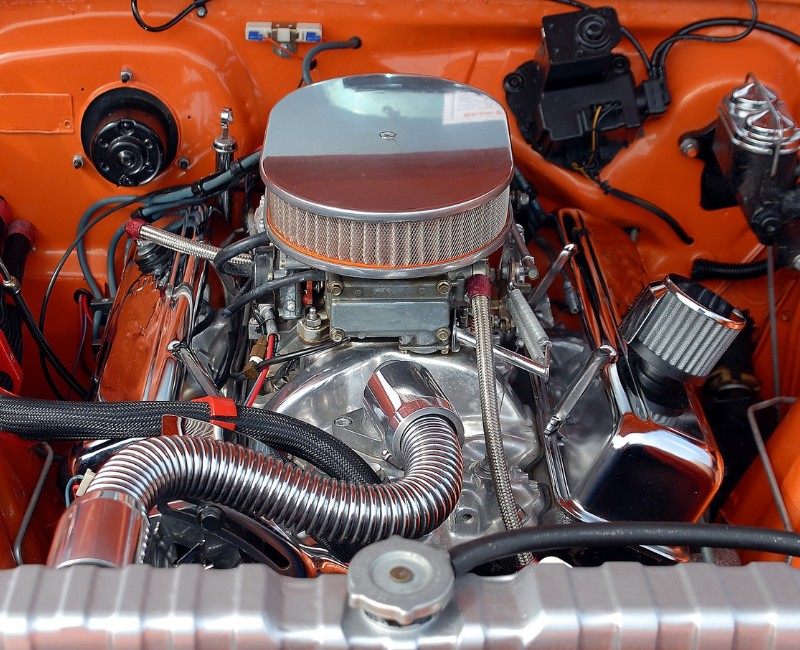
If you love your automobiles, have a mind for solving problems and coming up with new and innovative ideas, wanting to see technology develop, you’re probably heading for a career in the automotive industry.
An automotive engineer is a vast term but ultimately is responsible for the design, manufacturing or development of all types of vehicles, including cars, trucks, motorbikes, buses and such like. Engineering is the study of structure and design.
Usually an automotive engineer will focus on one specific area of expertise, and from there branch out into other specifics in the industry later on if they so desire.
There are many areas of focus, you could be designing the parts of a car, get stuck into testing and maintenance, or looking at research and development. However, if you’re not sure at this point in time, you can start as a generalist and do a bit of everything until you decide which aspects you enjoy.
How to get started
There is plenty of choice when it comes to choosing your university courses. You can study directly with a degree in automotive or motorsport engineering, however some universities offer aerospace and mechanical engineering too which will lead down the same route, giving you a much broader range of choices at the end of the qualification. If you’re not wanting to go to university, there are vehicle engineering apprenticeships available. These schemes will train you in anything from vehicle maintenance, to the design and manufacturing side of things.
Whichever route you take, you’ll need a good understanding of maths and physics so these need to be a focus in your studies… learn as much as you can!
Getting into engineering is hard work and requires a lot of focus and dedication, however the reward is worth it in the long game.
Work experience
Work experience and voluntary work is also an essential part of the process prior to your first position, worth considering before applying for any full-time work. This can be obtained whilst you are studying, to accompany your studies and to let you put your newly-found skills into practice. As well as the qualifications required, larger organisations like to see experience in the field. If you are dedicated and serious about a career in automotive engineering, you will understand the importance of part-time work and gaining as much knowledge as possible that you can take with you, along with qualifications, into the workplace.
Winning CV
Once you’ve finished your studies and are ready to look for your first engineering role, you’ll need to write a winning CV. Within that you can incorporate your qualifications, training, coursework and all work experience and the projects that you’ve worked on (to show knowledge). Get creative with your CV - but be sure to stick to the truth! You need to stand out and making your CV unique and memorable above all the other applicants can be the key to getting an interview. Include impressive terms and phrases or knowledge that you have, the way that you word your past experiences can show that you have a good understanding and skill set, able to adapt to new situations.
Make a difference
A career in automotive engineering can be very rewarding, allowing you to have an impact on people’s lives. Everywhere you go there are cars and automobiles, modern technology is developing all the time. With the current climate regarding the changing ecosystem, it’s an exciting time to get involved and be able to influence the cars of the future.
Also, employment rates for automotive engineers are very good and the opportunities are extremely varied, as well as skillset being transferrable.
If you are looking for more advice on the careers in the automotive industry, we’d love to discuss your options. Feel free to get in touch!
